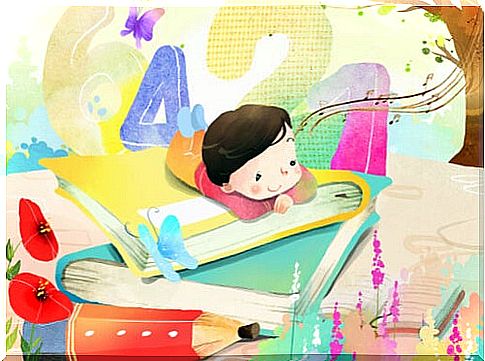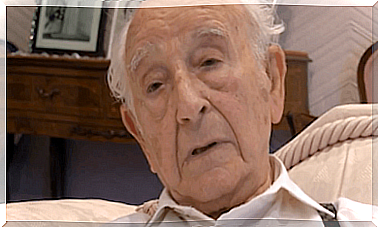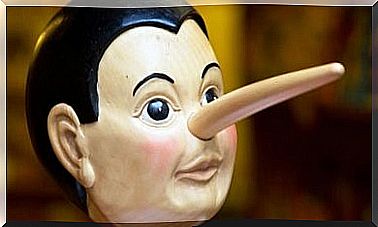Medieval Tales With A Moral For Children

Medieval times are not always the best time to seek inspiration. However, seen by many as a dark and dirty time, it also had its lucid moments. A good example of this are these medieval tales with a moral that help a suitable early development in children.
Be that as it may, we cannot see medieval tales with the eyes of the present. However, we must adapt them to our times without losing their essence and meaning if we want to use them with children in early childhood, which includes the period of approximately 0-7 years.
Far from observing the Middle Ages as a dark stage full of trickery and illiteracy, we can turn it through its stories into a moment of chivalry, jousting and princesses that give meaning to the imaginary world of the child.
Of course, once the child is developing and exceeds 6-7 years, it is better to stop sweetening the stories progressively. Thus, you will better understand the history of your world, you will know the reasons for evolution and current forms of thought from its medieval, classical, modern bases, etc.

We are going to start with some medieval tales with a moral that, obviously, have certain licenses in their development and imagination to add fantastic and surprising beings. However, this is not detrimental to the final teaching of the story, but it does help the little one a lot to create his world of fantasy and imagination, so useful and necessary for the little ones.
The magician Merlin and Arthur Pendragon
If there is a story that amazes children, that is the one that tells the relationship between the magician Merlin and Arthur Pendragon, who would go down in history as the famous King Arthur of Camelot.
In fact, the story of Merlin and Arthur has many stories in itself, many morals and a lot of legend that, it seems, was used in the High Middle Ages to give the foundation of the British Isles an almost mystical touch, enclosing magic, knights noble and powerful maidens.
Legend has it that the magician Merlin took care of King Uther’s male child, raising him in the bosom of a noble family without him knowing that Arthur, as he baptized the young man, was actually the future King of Camelot. According to legend, in addition, Arthur was the only one capable of extracting the magical Excalibur sword from the stone in which his father had sunk it without anyone being able to extract it.
From the stories of Merlin and Arthur we extract interesting learnings such as the value of humility, thanks to which Arthur becomes the greatest king of England. Also the friendship that arises between Merlin and the young monarch, or equally the ambition that is born from Arthur’s sister, who betrays Merlin and almost ends his brother’s reign. In this plot Morgana finally fails before the courage, friendship and strength of the Knights of the Round Table.
The princess of fire
We know more medieval tales that, as we see, always include legendary kings and warriors and virtuous princesses capable of adapting to the morals of the time, since their purpose was both informative, didactic and educational.
In a world where poverty and misery was a very general trend, humility was a value in high demand. And that moral is extracted from this tale, when a really wise and rich princess, fed up with empty and empty suitors, asks that they bring her a gift as valuable as it is sincere and tender at the same time. Only to that person will you give your hand.
The solution to his ad, among colorful crowns, large presents and spectacular bouquets of flowers, he finds in a young man who has only brought him a simple stone, as dirty as it is simple.

That stone symbolized the young man’s heart, hard and cold. Only by throwing it into the fire did the princess discover that it was actually beautiful, for a beautiful image of gold emerged from it. Thus he discovered how to distinguish the important from the superficial and dedicated his life to endowing his kingdom with books and education instead of empty and empty riches.
Medieval tales drawn from oral tradition mix legend and fantasy with interesting morals. Their playful work, but at the same time didactic, makes them really useful to use them, adapting them to our time, with children in the first stage of childhood.









